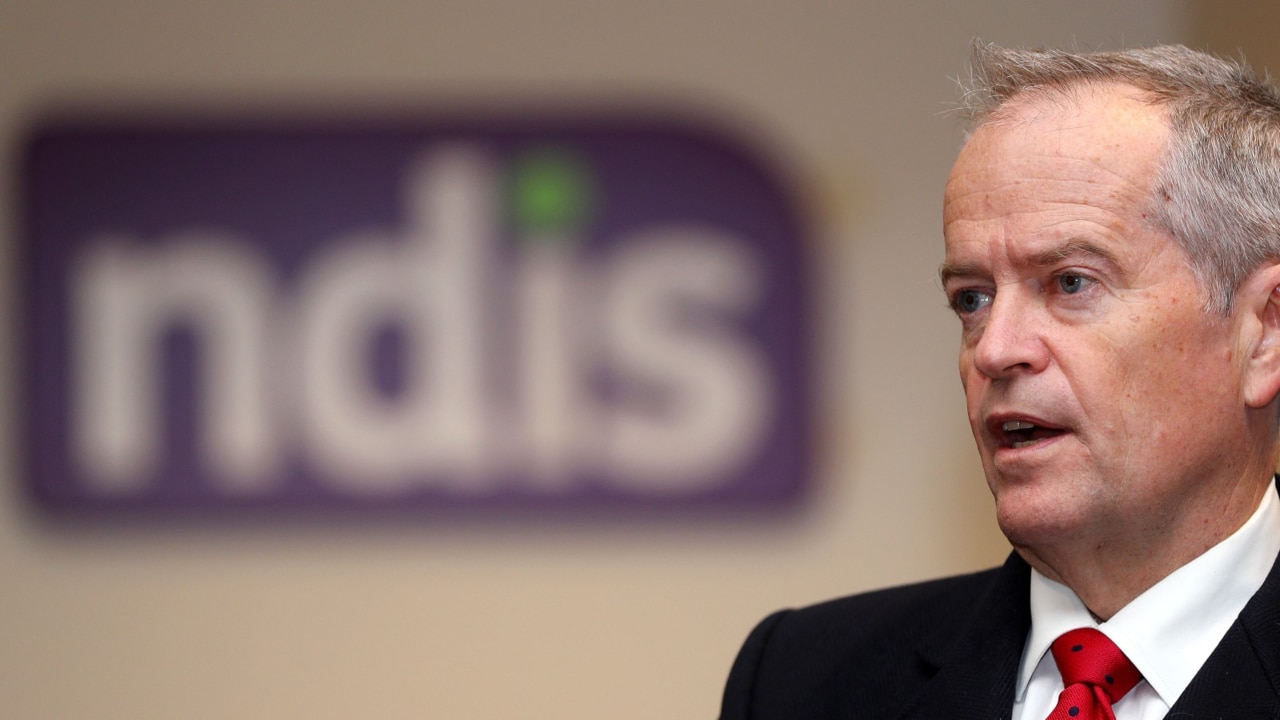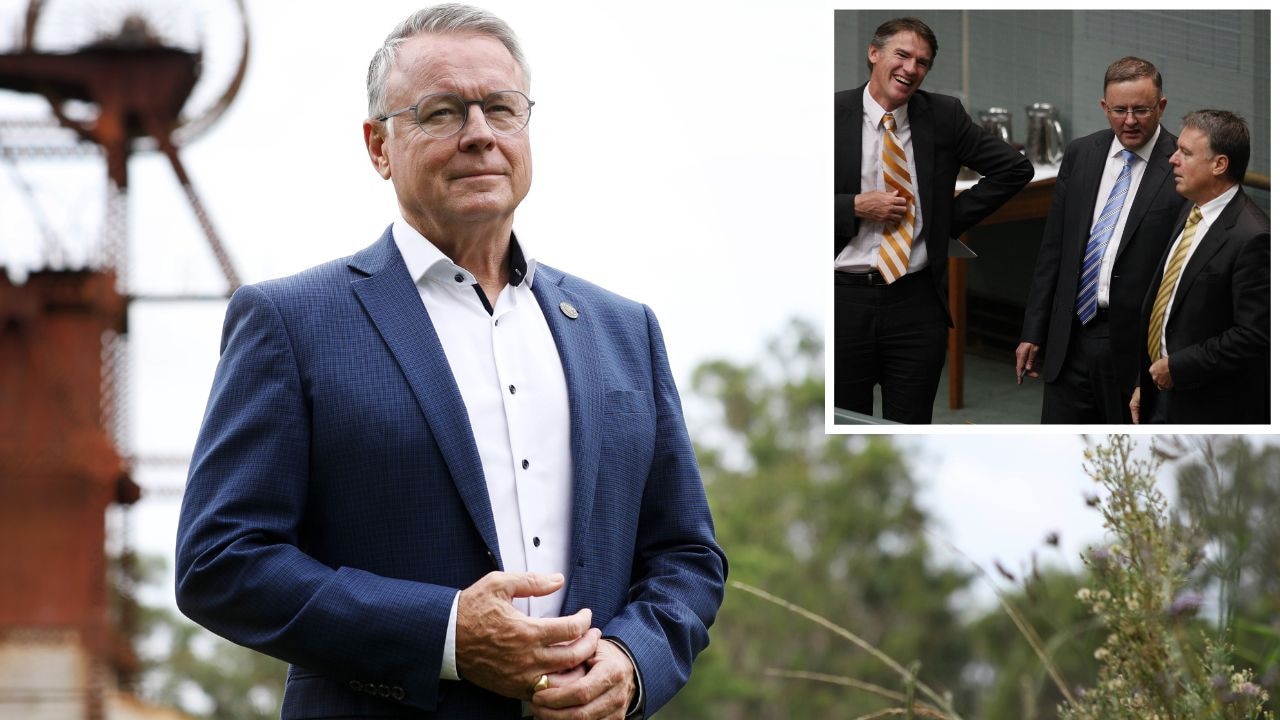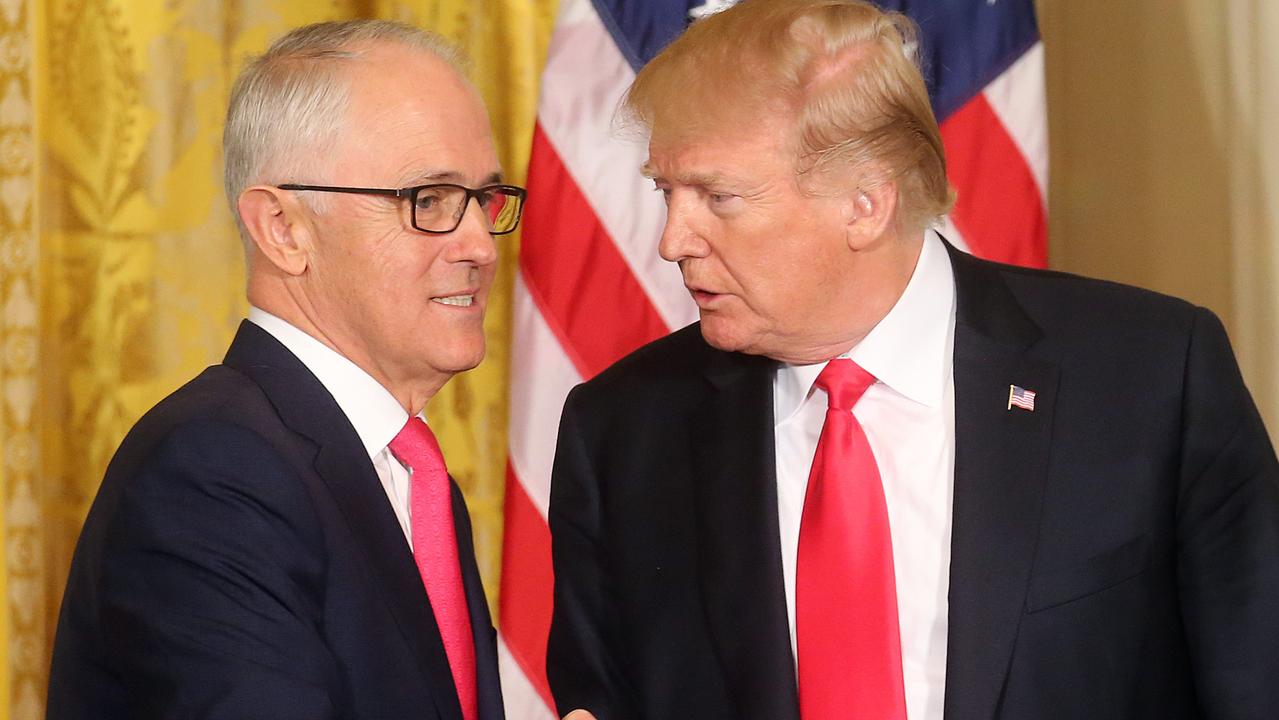Means test National Disability Insurance Scheme and save $3bn
Up to $3bn in savings could be made to the NDIS every year if means tested co-contributions were implemented, health-tech company Kismet has revealed.

Up to $3bn in savings could be made by the NDIS every year if means tested co-contributions were implemented, according to modelling from a company involved with the scheme, with the Albanese government being urged to stop fully funding “non-critical” services such as sex work to high income participants.
In an open letter, Kismet chief executive Mark Woodland said NDIS Minister Bill Shorten’s solutions to reining in spending on the $40bn scheme needed to be “smarter and less simplistic”.
Mr Woodland wrote that means-testing the NDIS would make it unnecessary for the government to follow through on its plans to divert people away from the scheme and on to other programs.
“Unfortunately, recent responses from government officials to the possible solution of means tested co-payments were overlooked,” he wrote.
“Recent modelling by Kismet revealed that by optimising expenditure by only 5 per cent, we can allow up to 273,000 additional people access to the NDIS by 2032, while means tested co-payments would address ongoing cost management.”
Kismet is an online platform matching disabled people with NDIS providers.
In the May budget the NDIS downgraded its forecasts for participant growth by 2027 from 851,500 to 824,300, signalling there would be a tightening of eligibility to join the scheme.

Earlier this month, Mr Shorten slammed Kismet for proposing co-payments, which he deemed a “lazy option” that would only change who was paying for services rather than addressing structural issues in the scheme.
Mr Woodland said the government had displayed “an aversion to collaborative ideas in favour of political preoccupation” and urged for changes to be considered such as separating “critical” from “non-critical services”. Rather than agreeing to fully fund all participants for all services, Mr Woodland suggested a different funding model for non-critical services such as lawn mowing or sex worker services.
The Federal Court of Australia has ruled the NDIS Act “does not expressly exclude such activities (sex work) from being funded supports”.
Kismet’s modelling, obtained by The Australian, proposed a blended payment model that would ensure families on a combined income of $250,000 or less did not need to contribute for critical or non-critical services.
Families with an income of between $251,000 and $530,000 would contribute 10 per cent to the critical services and 60 per cent for those services which are deemed non-critical.
Those earning over $530,000 would have 80 per cent of critical services covered by the government and be responsible for covering all of their non critical services.
The National Disability Insurance Agency predicts almost 40 per cent of households with a disabled individual fall within the low income range, while about 20 per cent fall into the high income bracket.
Under Kismet’s model, more than $800m would be saved annually and grow to almost $3bn in savings every year by 2023.
“We already use similar means testing for services like the Child Care Subsidy scheme and Youth Allowance,” Mr Woodland wrote.
“Applying modelling to the specific group of children with autism, these mechanisms could lead to a 19 per cent reduction in costs, translating into a 3 per cent saving across the NDIS and scope to extend support and control the budget – and this modelling is for only one subset of NDIS participant.
“By focusing resources on essential services and directing resources where they are most needed, the NDIS could potentially increase accessibility to those who need them, while also promoting affordability and sustainability.”







